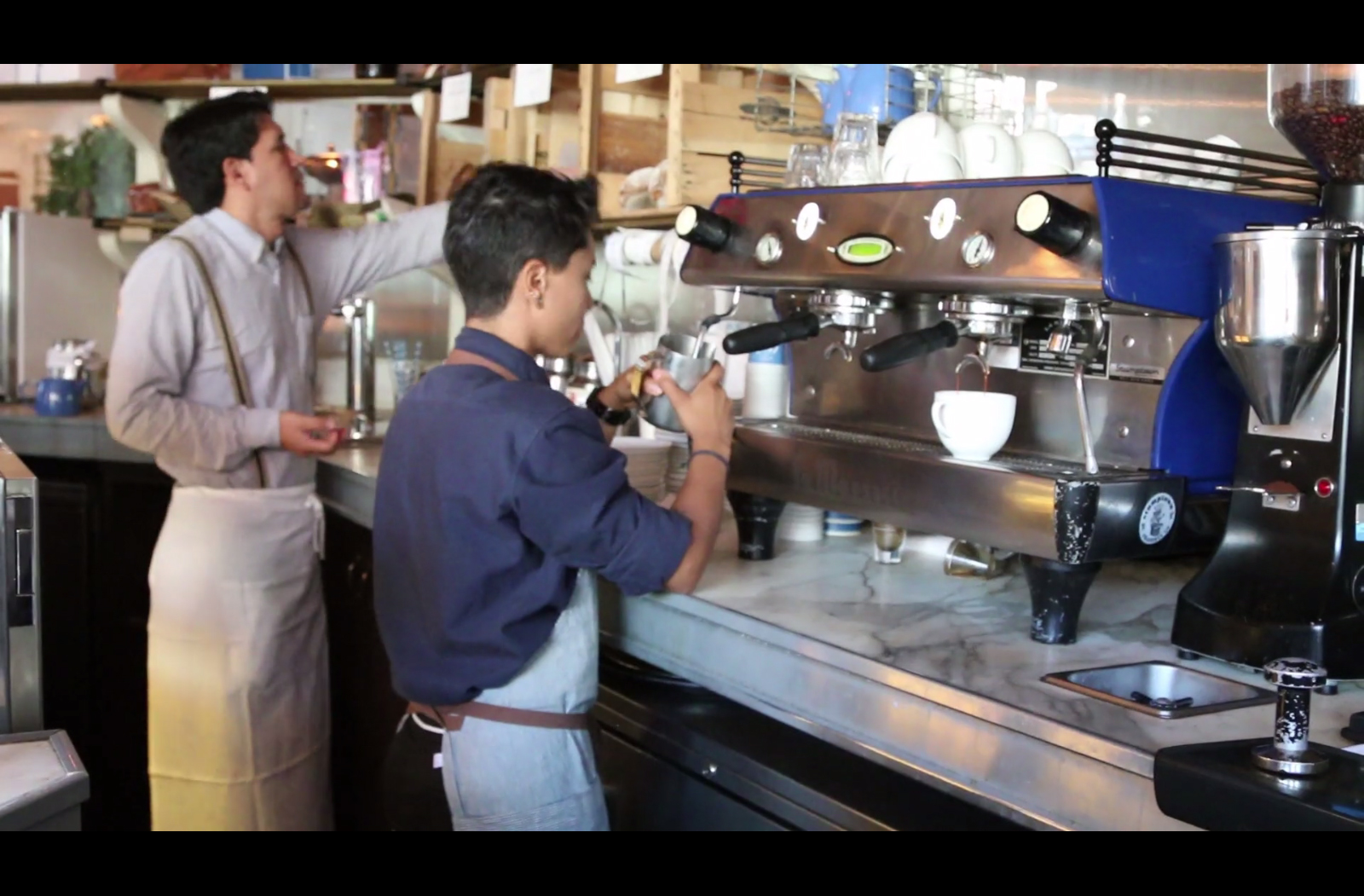Tips on How to Build Your Online Reputation
/

The Internet and social networking play a bigger part in our everyday lives than you think. CareerBuilder found that more than half of hiring managers research applicants using search engines, and 52 percent said they used social networking sites.
It goes to show that you need to be careful of what you put out there on the world wide web. However, you can use these online profiles to help you stand out and distinguish yourself from others in the talent pool.
Here are a few ways you can create a better online reputation and impress your employer:
#1. Exhibit skills and experience.
You can provide your work history in a generic format, but that's just boring. Enhance your profile with graphics or other stimulating visuals to highlight your progression and career growth. You can create an infographic or timeline for greater support. On Harri, you can tag your profile with specialty keywords of your skills and experience, including "POS Systems", "Advanced Knowledge of Cash Registers/Money Handling", amongst many more.

#2. Display your craft.
Share files or links to your personal website and portfolio. This helps break up the amount of reading that your employer may have to do, and increases your memorability factor. Examples of popular types of imagery that are uploaded on Harri include coffee/latte art and beautifully presented/plated dishes.

#3. Show your personality through videos.
Show off your character with videos. Film yourself in your working environment, may it be working in the kitchen or behind the counter. If you like to get more personal, you can also share a short clip of you enjoying your favorite activity or hobby. You can easily import videos in the Gallery portion of your Harri profile.

#4. Provide professional references.
Include professional recommendations and references to boost your online reputation. It acts as written proof to employers of your capabilities.

With these few additions, you can raise your online presence to a greater level. Just make sure that you maintain a professional mindset when you manage all your channels, so that it doesn't hurt your chances of getting a job.










